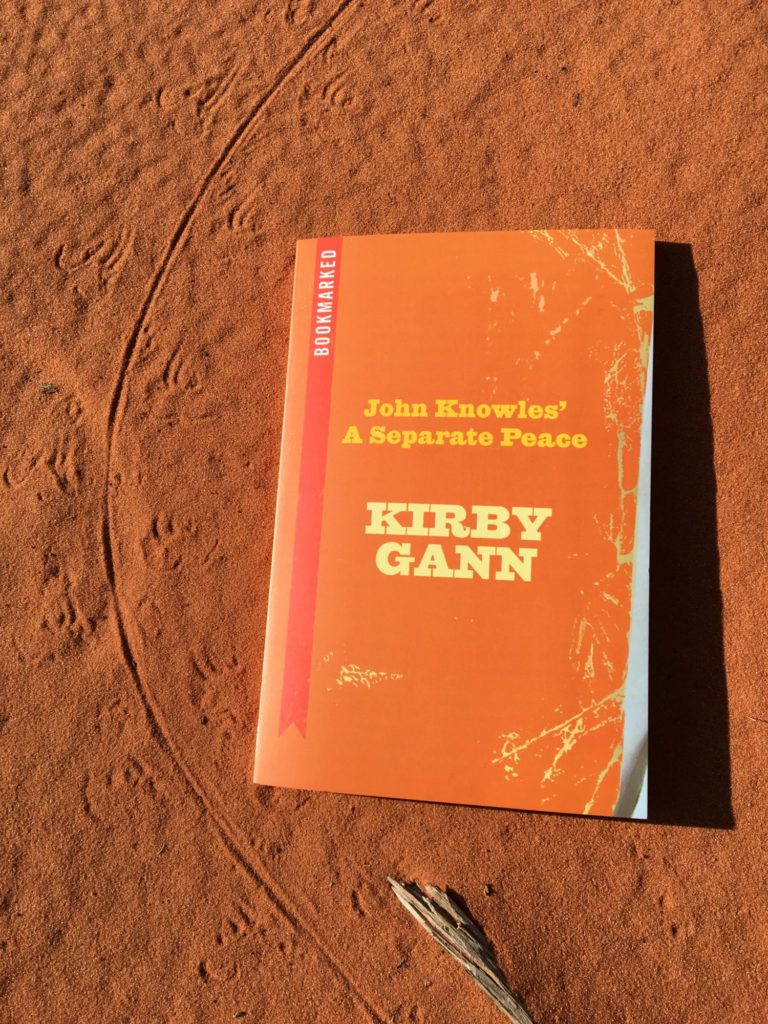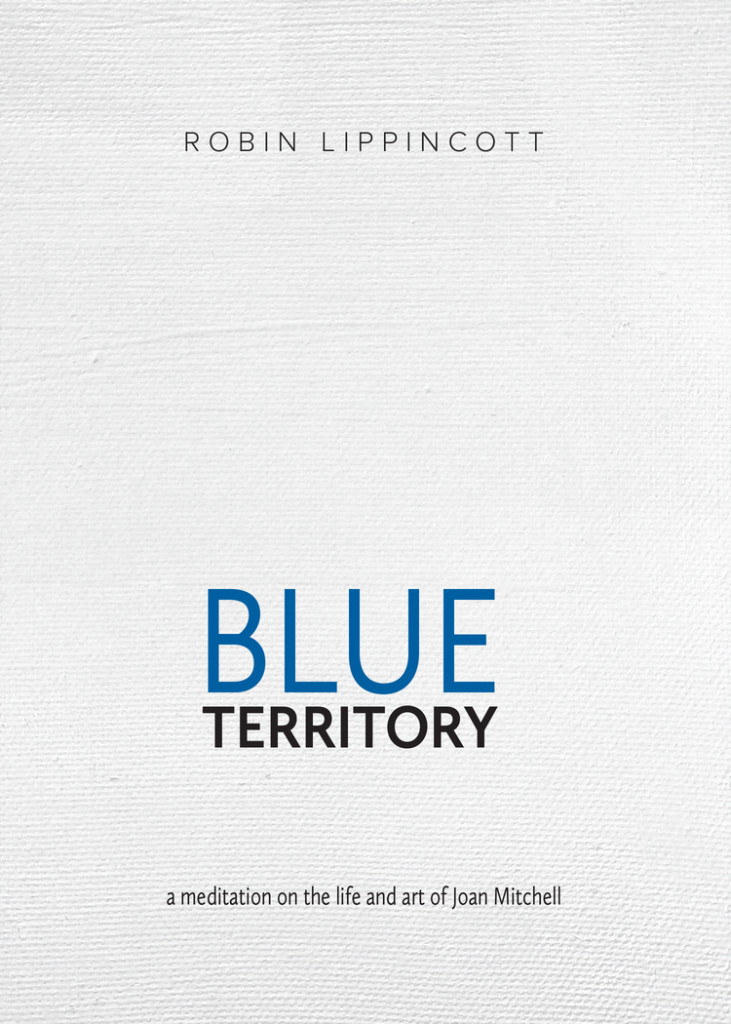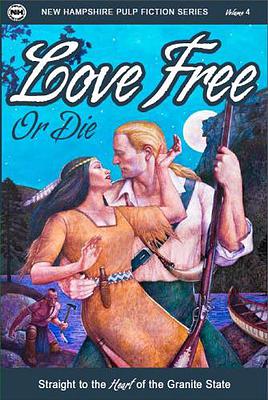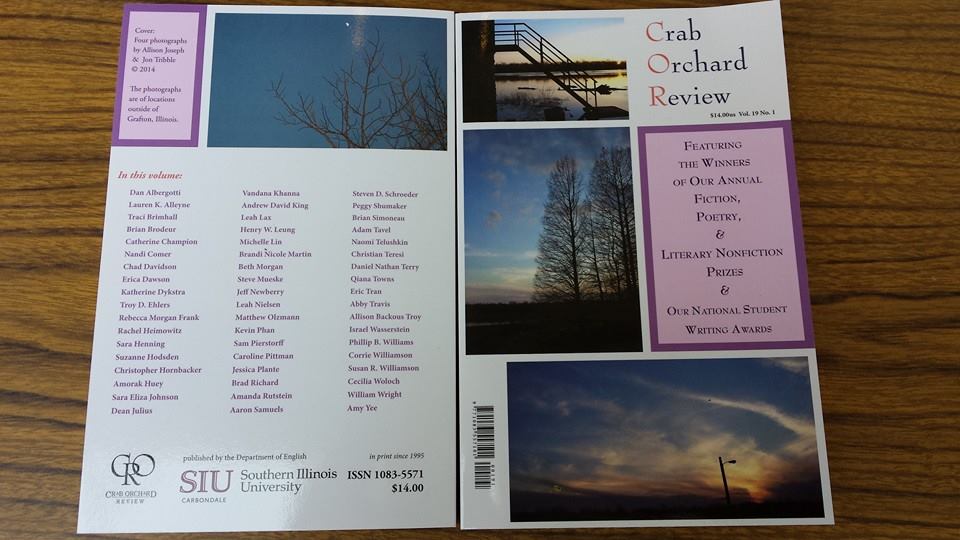Tags
A Separate Peace, fiction, John Knowles, Kirby Gann, literary, memoir, novel
John Knowles’ A Separate Peace by Kirby Gann is the latest in the Bookmarked series by ig Publishing. What makes this an enjoyable read is that it crosses several genres—memoir, literary criticism, and biography. Personally, I tend to read each of these for different reasons (emotional engagement, illumination, and research, respectively). Gann touches on all of these simultaneously, which results in a more compelling reading experience. At its heart, though, Gann’s book is a very personal story and exactly what it proclaims of itself on the cover: “…a no-holds barred personal narrative detailing how a particular novel influenced an author on their journey to becoming a writer…”
Early on, Gann sets out to provide the context in which he first encountered Knowles’ book. We see the young author (Gann) in his formative years as he becomes a writer and a musician. As Gann turns the microscope back on his childhood, we witness the author grappling with and discovering the formative events that helped make him who he is. This personal engagement (as opposed to a mere re-telling of events) is the hallmark of a successful memoir. This is a heartfelt, unflinching study of self, and especially appealing to me (as a reader) because it is the story of how a reader’s life can be affected by the books he reads.
Gann demonstrates how A Separate Peace became the right book at the right time for him—how he came to see himself as one of the book’s characters in the midst of personal childhood conflicts, and how it influenced his actions and friendship. He also shows how the book empowered him in the midst of difficulties. He contrasts what he gained from Knowles’ novel with the way other works affected his artistic sensibilities.
After studying the power of A Separate Peace and how time altered his re-reading of it, Gann gives us a thumbnail sketch of the life of John Knowles and his literary career. Now we see Gann turning the microscope from his own formative years to the later years of the writer who had inspired him, and this also strikes some poignant chords.
“Honest novelists will admit that although their work might originate in personal experience—narrative ideas informed by the author’s exposure to life—it is equally and as importantly true that books are born from other books.” –Kirby Gann, page 110.




